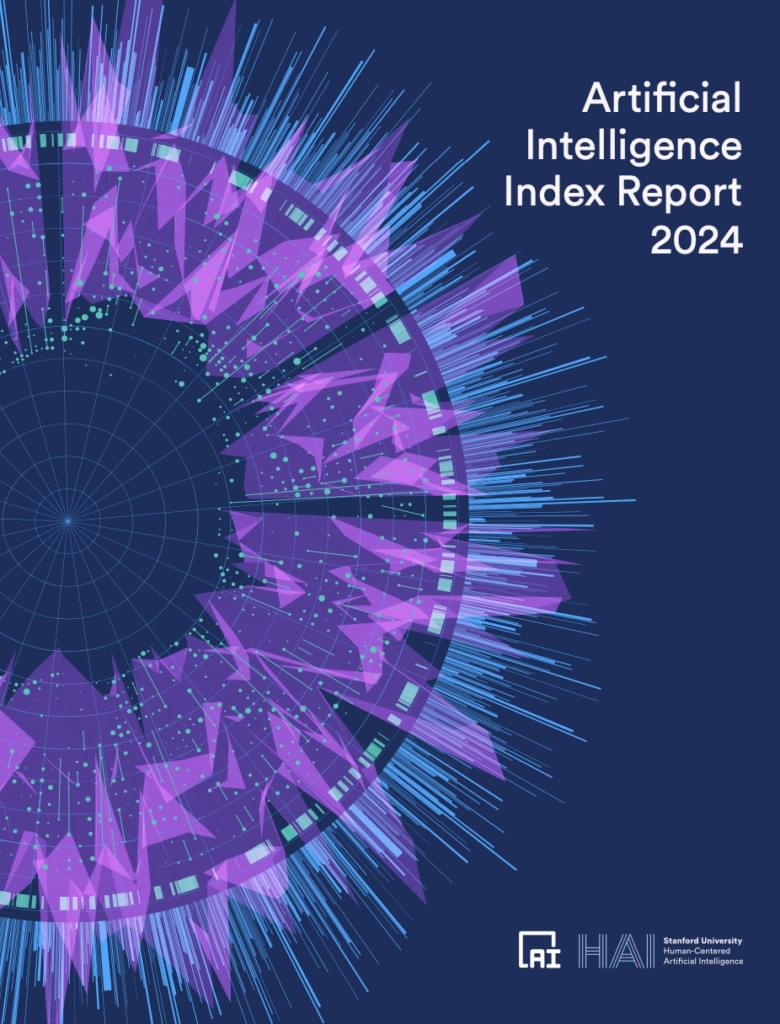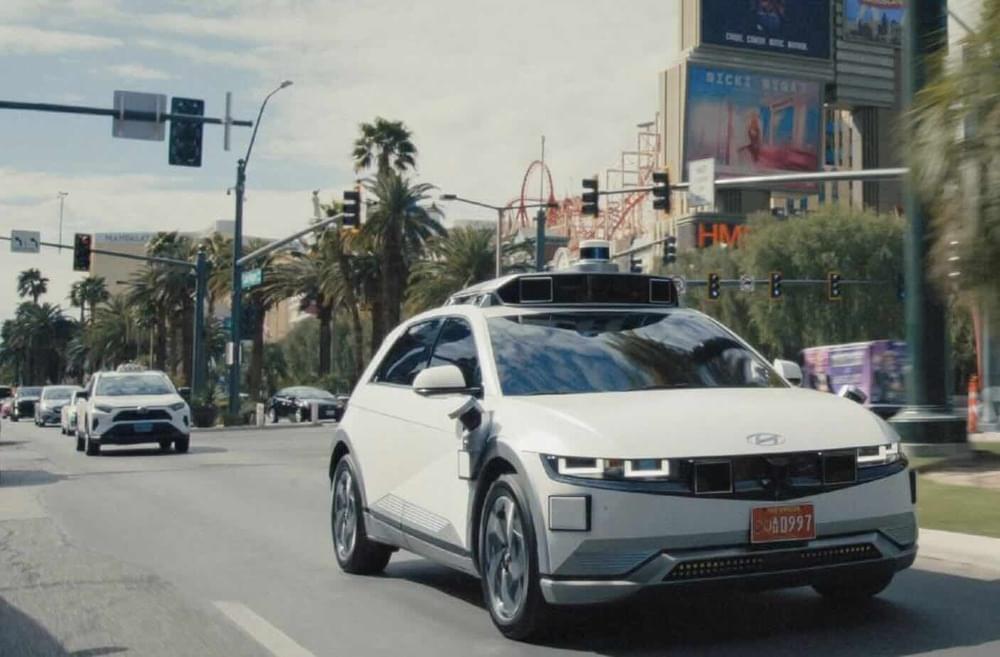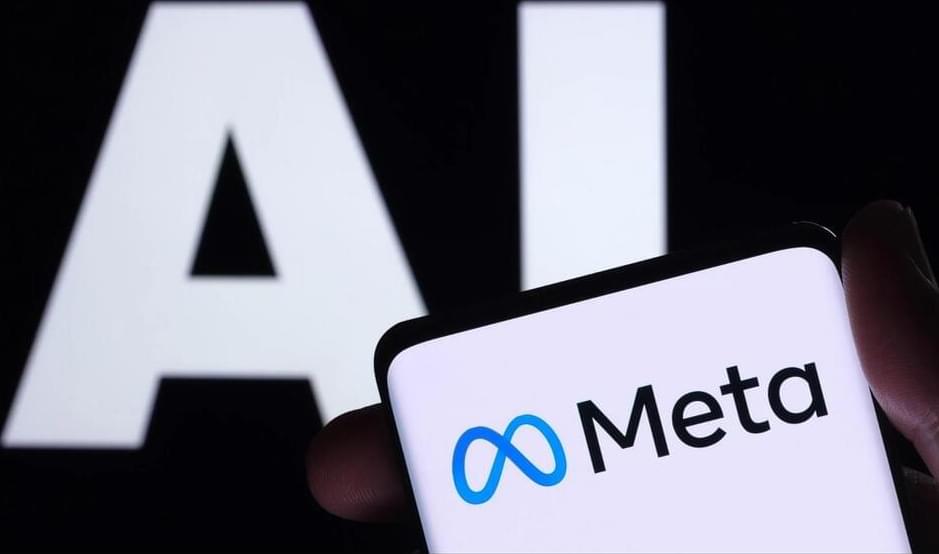With the ease of availability and access of AI tools and technology, people are putting AI into a wide range of products and services, and even in applications where AI is a dubious fit, at best. Many times, organizations are feeling the motivation, “fear of missing out”, and perhaps customer or shareholder pressure to add AI capability to their offerings. It should come as no surprise that many of these AI projects are often half thought-out, at best, and often fail to deliver the desired results, if the results have even been considered ahead of time.
Sometimes, AI projects have a high-level, big vision, where the AI efforts are focused. Other times, AI applications are being focused on smaller tasks, or shoehorned into existing applications. The challenge is that for AI projects to be successful, there needs to be a combination of a larger vision for where AI could add value while at the same time, smaller, focused projects that allow organizations to ensure value in the real-world before diving deeper into AI capabilities and investment.









